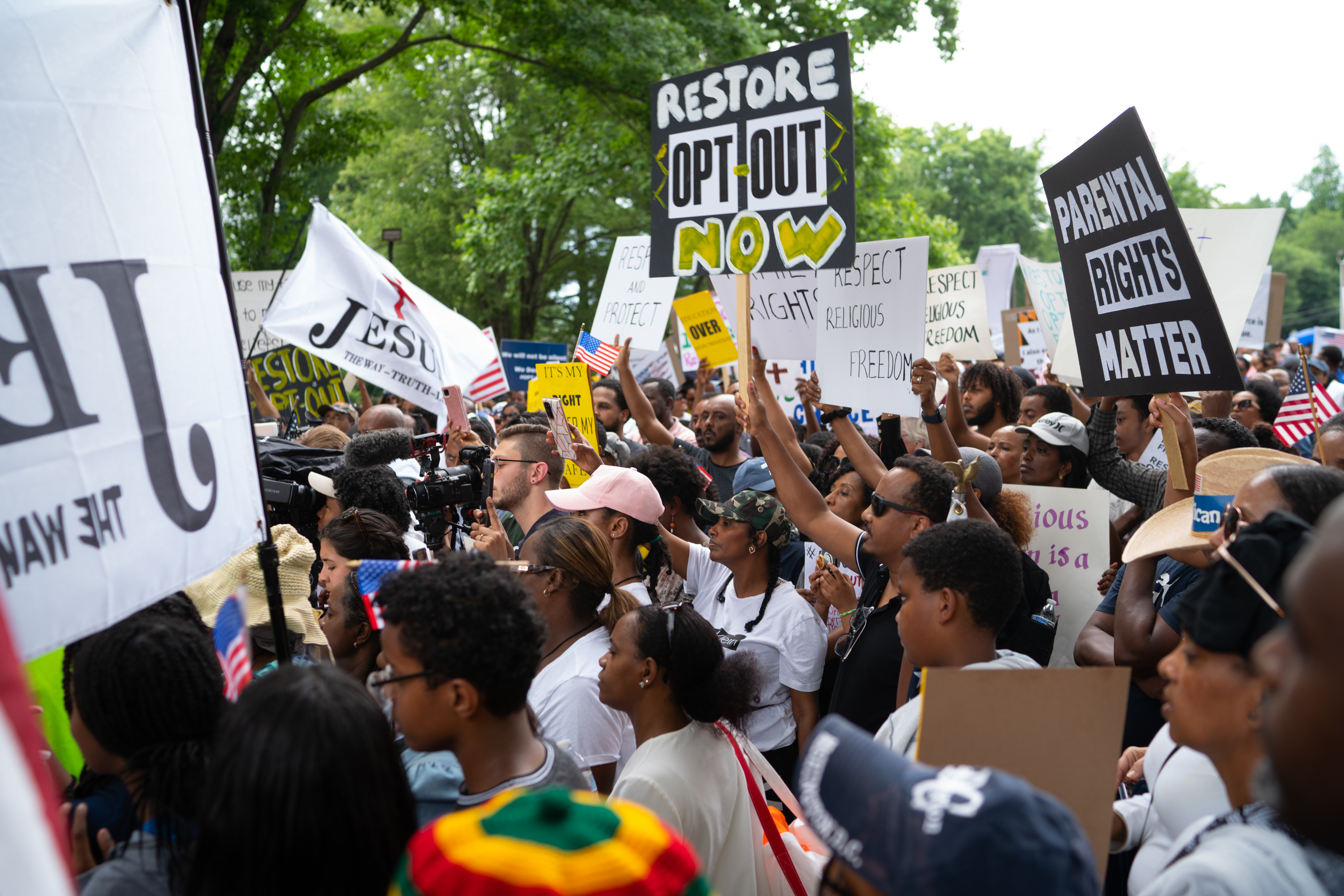When looking for a new home, you’re probably stressed, vulnerable and tired. You might also be more willing to accept something that looks too good to be true. In fact, scammers are counting on it.
Craigslist and similar sites are a great place to find rentals in the area, but check out our tips below for what to look out for and when to back away.
1. "Free" Credit Reports
It’s not unreasonable to expect a landlord to check a tenant’s credit rating; in fact, you should probably expect it. But if they provide a link to you in an email, be wary. That link could lead to spyware or malware, or could steal personal information, or lead you to paying a credit check "fee" that goes straight into the scammer’s pocket.
If a renter is happy to rent to anyone with a very poor credit rating (especially if they mention this in their ad or their emails), that is a big red flag. It’s possible that a bad credit rating won’t get in the way of a good rental, but look before you leap. If a credit check is required, always make sure you have been able to see the unit and have met the landlord first (more on that below, though.)
2. Phishing for More Than Compliments
Local
Washington, D.C., Maryland and Virginia local news, events and information
If you’re asked to fill out an application before seeing the unit, back off. You should meet the landlord and see the unit in-person before you give out any personal details. You can probably expect to fill out some forms when you’re ready to sign, but never before.
Be mindful of which details you are giving out, and don’t disclose bank account or credit card details. Don’t give out your personal email or cellphone number until you’re confident that nothing is amiss. Craigslist and similar sites allows you to communicate anonymously at first, which is a good place to start.
Sometimes a scammer will claim that the property has "unprecedented demand" (or other hyperbole) and that they need to weed out anyone who isn’t serious about renting. Don’t fall for it.
3. Money First, Questions Later
The golden rule with money is to hold on to it until you’re certain you’re not falling victim to a scam.
If anyone asks for money before you've seen the unit or met the landlord, or if they ask for money to be wired via Western Union, MoneyGram or similar services, don’t do it.
Asking for money and leaving you with nothing to show for it is probably the most common scam, so be cautious.
4. Curiously Affordable Rent Prices
You may think you're immune to prices that look too good to be true, but when you’ve been house-hunting searching for weeks, they can begin to look attractive.
Check out rental rates for the area you’re interested in, and think about what you’re being offered. Scammers want as many responses as possible, so they’ll make their ads look attractive. But that doesn’t mean that bargains aren’t out there.
Is there a reason that the rent could be lower than expected? Is the unit in need of repair or below street-level? There could be a logical explanation, but if in doubt, ask -- the response you get might be enlightening.
5. Messy Messaging
It’s important to speak to your potential landlord in person (or at least by phone) as soon as possible, but you’ll probably start out by sending them a message or an email. If the response you get is weird, be wary.
Things to look out for include excessive typos, incorrect capitalization and strange grammar. If the messages don’t respond to you personally (by name, for instance) or to your specific questions, that’s a problem.
The response could be a template email used for scamming purposes. Try asking specific questions about something you saw in the photos or about the area, and wait for a logical response.
If the landlord claims to be traveling overseas or working in another country, this is a cause for concern. While there could be a legitimate reason, proceed with caution.
6. Faux Photos
Photos are important, but they can be misleading.
Firstly, if there are no photos at all on an ad, it may not be worth your time. Follow up with the ad,s poster if you,re curious -- if they have something good to show, they’ll probably show it.
However, even great photos can be stolen from real estate websites to advertise homes that are for sale, but not for lease. Search Google for the address to see if the property is listed elsewhere, such as sites like Zillow or Trulia.
If in doubt, call the real estate agency listed and find out if the home is really being rented. Also check the photos listed -- do they neglect to display an important feature (the kitchen or the bathroom, for instance)? Try asking the poster of the original ad about it; it might weed out scammers.
Try using Google Streetview for the address you’ve been given, and see if the area, the property and the details you've been given all match up. Check that everything checks out visually before you go any further.
7. Sneaky Sub-Leasing
This is an insidious scam that might still pass some of the above tests.
If someone claims to be renting an apartment, and even if you've met them and the landlord, take a moment to check them out. Search Google for their names and any real estate companies they might claim to work for.
Some scammers have taken rent and security deposits from unsuspecting lessees for homes that actually aren't available, before disappearing with the money.
Huffington Post editor Sara Gates fell victim to this scam earlier in the year; her story should give you some tips on what to avoid.
8. Summer Home Scams
We’ve covered summer home rental scams before, but now that vacation season is in full force, so are would-be scammers.
All of the above red flags can apply, but it’s also important when dealing with sites like AirBnB not to get tricked into dealing off-site. Always use the messaging and payment tools that these sites offer, and never wire money.
Check that the property for rent is real (again, Google Streetview is a big help) and look out for landlords who will only talk via email or who are mysteriously located elsewhere.
Check out the Better Business Bureau’s advice on vacation rental scams.



